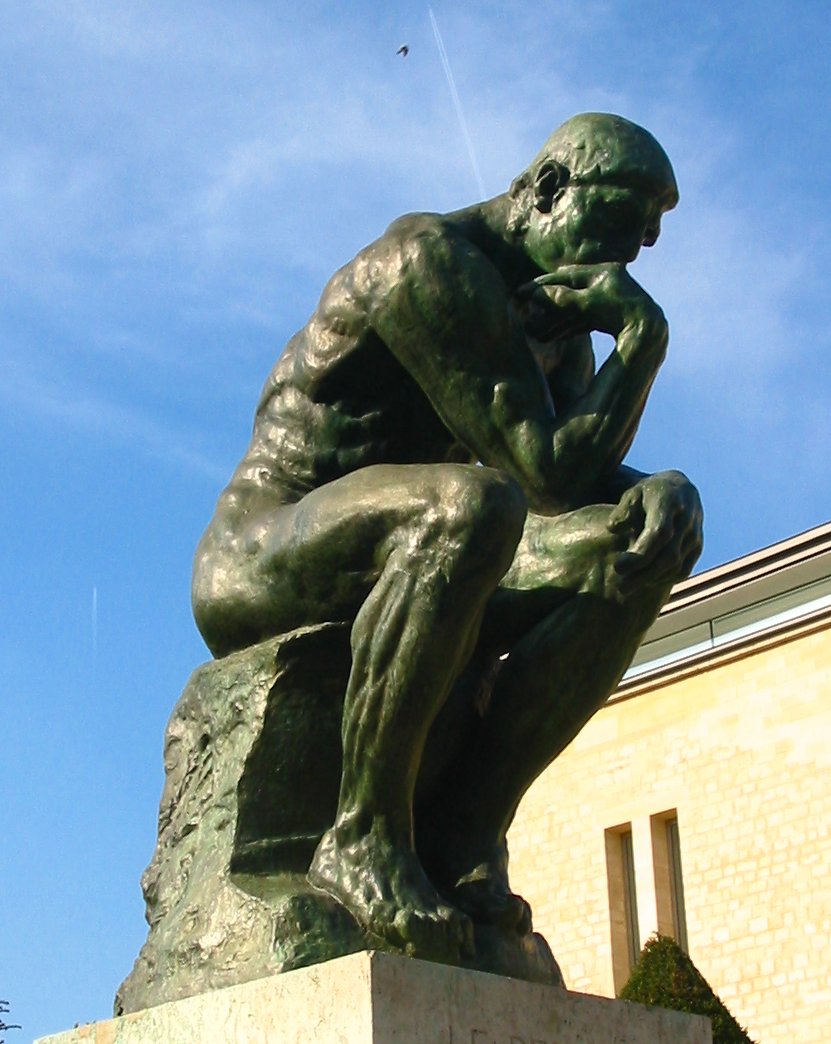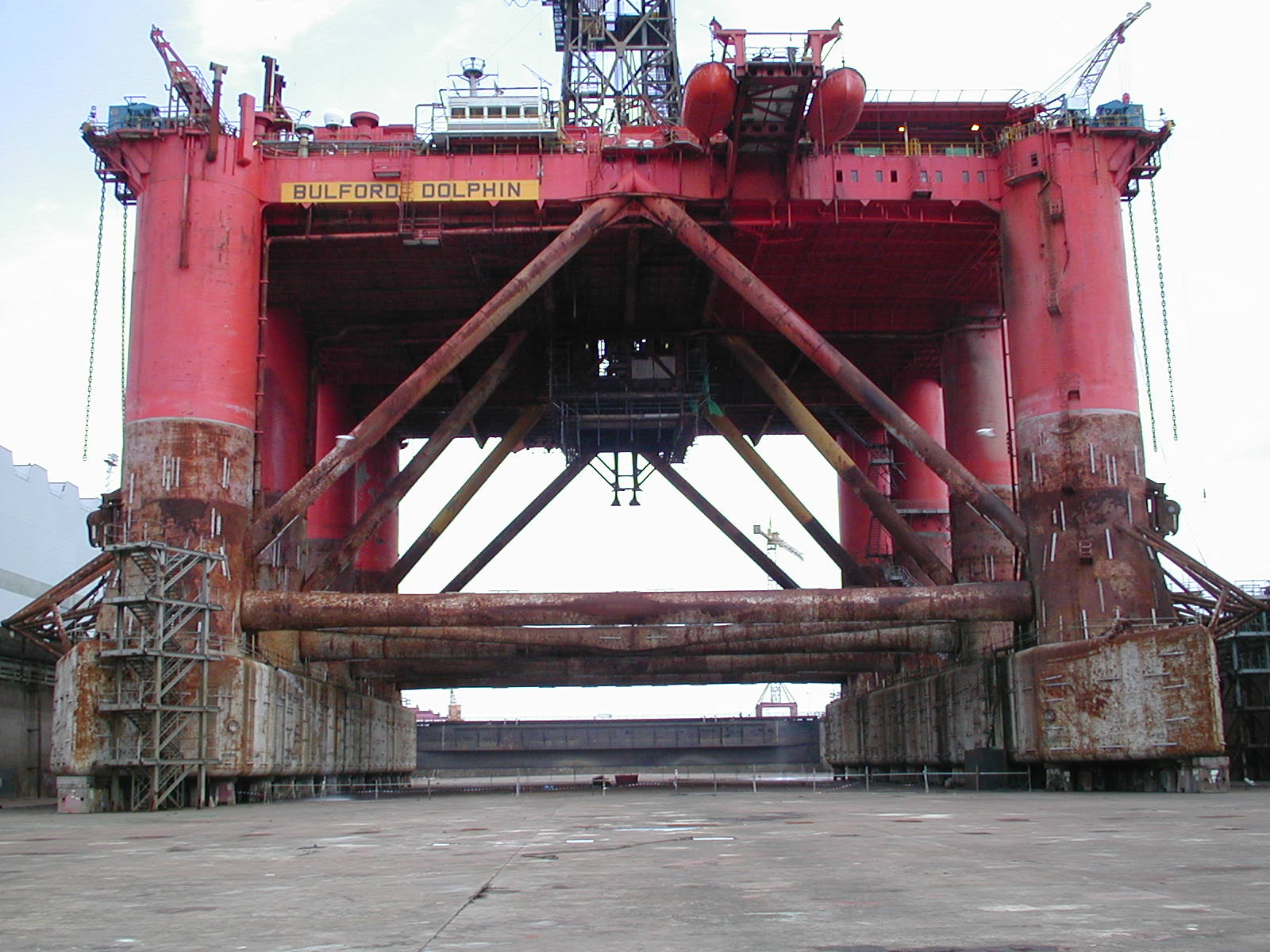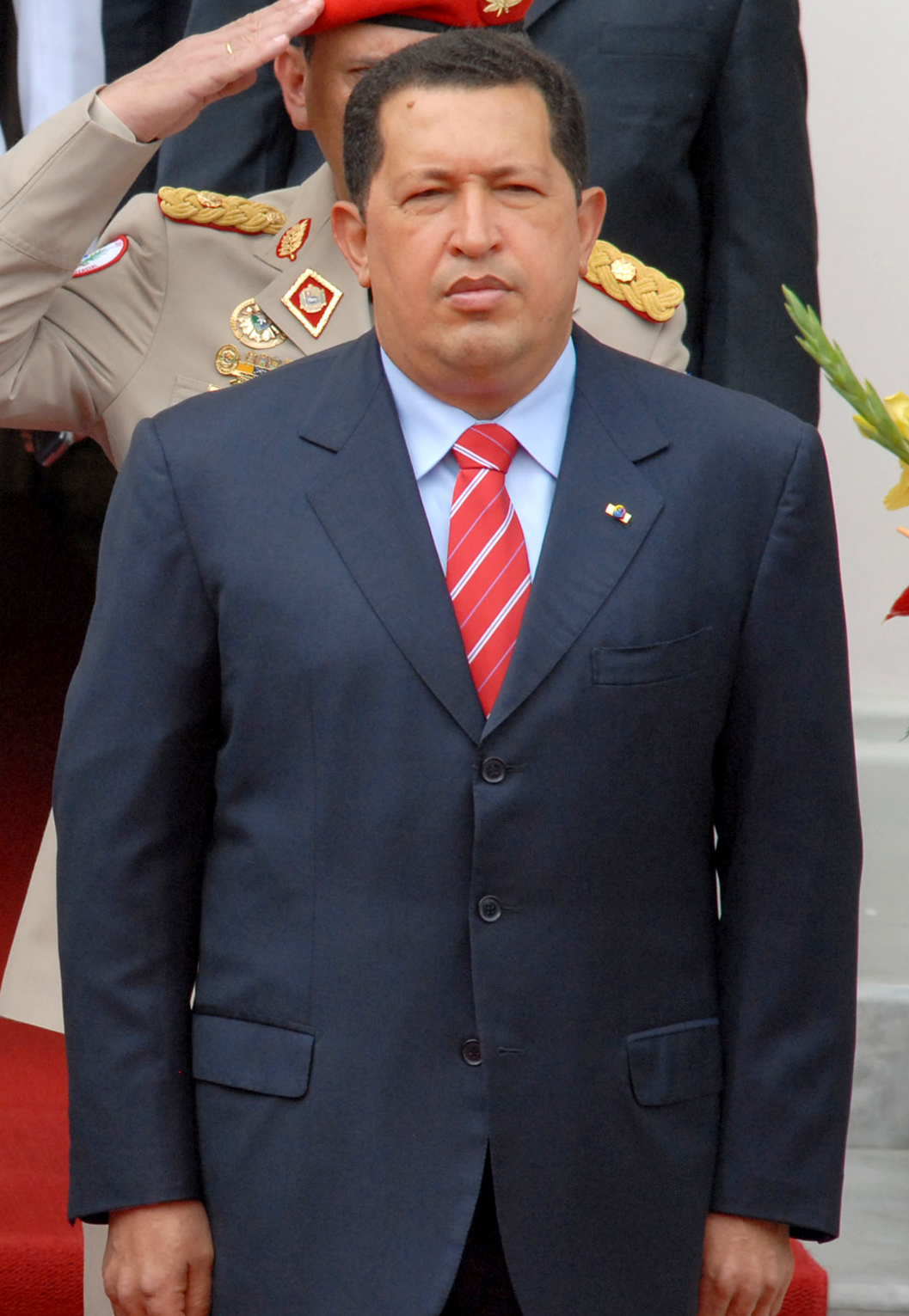¿Qué esperanza hay para un país cuyos actores más influyentes - gente en el poder o en la oposición, de supuesta izquierda o de supuesta derecha - tienen una mentalidad profundamente medieval? ¿Cuándo se enterarán de que en Venezuela jamás llegó la Ilustración, de que hay que traerla, de que no bastó con repetir consignas que jamás se analizaron?
¿Cuánto tiempo tiene que pasar para que surja un movimiento que promueva el debate real en todo el país y no monólogos paralelos?
¿Cuándo llegará un político conocido y con carisma que sea capaz de decirles a los venezolanos que el país no es rico, pese a todos los recursos naturales que tiene, y que solo será rico cuando el ciudadano promedio tenga un nivel de educación y productividad igual o superior al de la media mundial?
¿Cuándo conseguiremos que se hable de la farsa que es la educación primaria y secundaria actual en Venezuela? ¿Cuándo querrán las mafias universitarias interesarse por lo que pasa en las escuelas públicas? ¿Temerán que sus nietos no puedan entrar en una universidad pública por la competencia que les llegue de las zonas pobres si la calidad de la educación allí comienza a aumentar?
¿Cuándo hablará alguien en Venezuela sobre la imperiosa necesidad de realizar un catastro completo de la república?
¿Cuándo hablará alguien en Venezuela sobre desarrollo sustentable e implicará con ello algo más allá de sembrar arbolitos?
¿Cuándo dejaremos por un lado el conformismo y por otro las ínfulas de grandeza y comenzaremos a discutir lo que necesitamos hacer para que el país se transforme en un país desarrollado, de manera sostenible, avanzado, de manera probada, e industrializado, de manera cónsona con el medio ambiente?
¿Cuándo aprenderán los venezolanos su verdadera historia, la realizada por los civiles y pese a los militares? ¿Cuándo verán la imperiosa necesidad de convertir a la sociedad en una sociedad ante todo fundada sobre bases civiles y no militares?
¿Cuándo tendrán las élites venezolanas una identidad propia, una que le permita escribir primero en su propio idioma, que le haga ver la necesidad de insertar al país en un proceso de cooperación real con todo el mundo hispano y que le haga asumir con naturalidad y sin complejos nuestros variados orígenes?
Son algunas preguntas que me hago y que le hago a mi país.
























